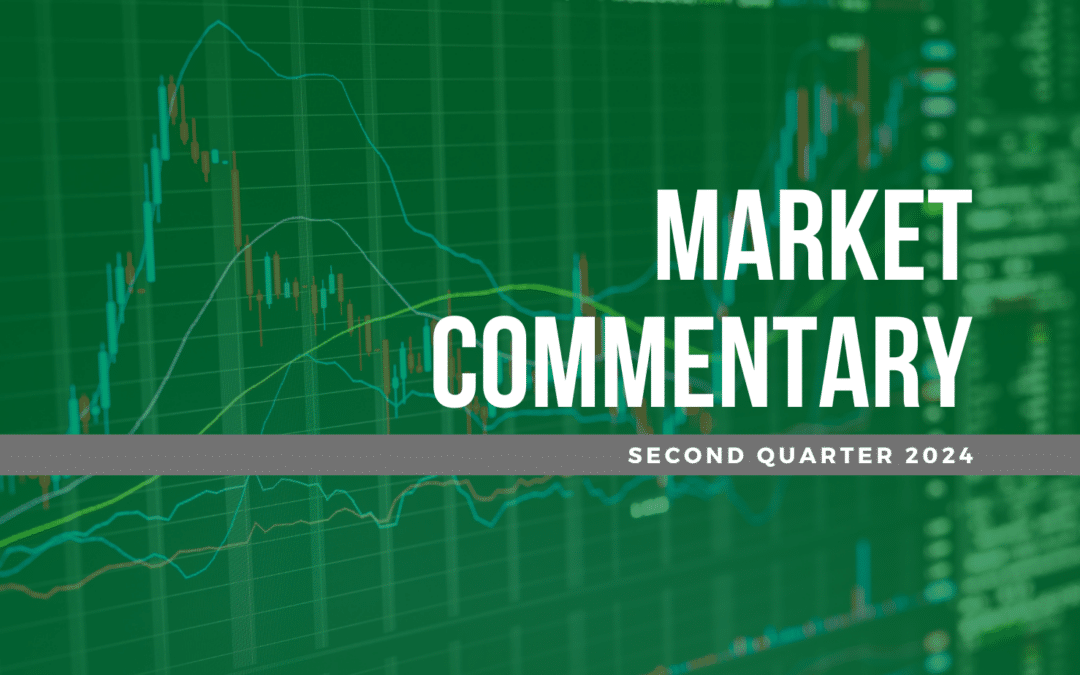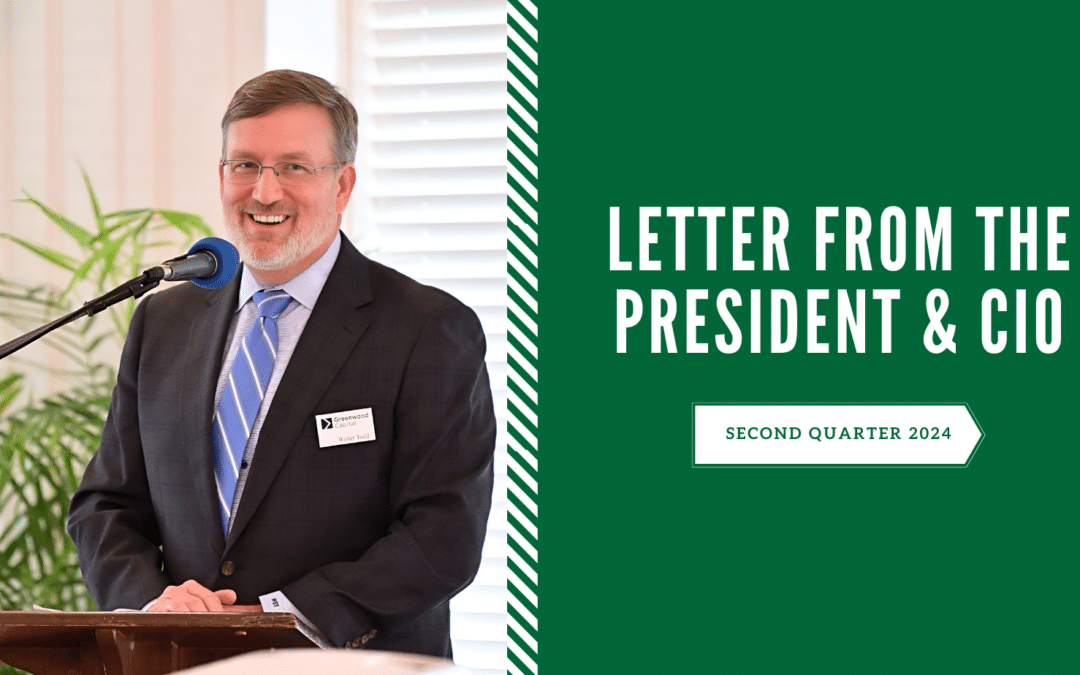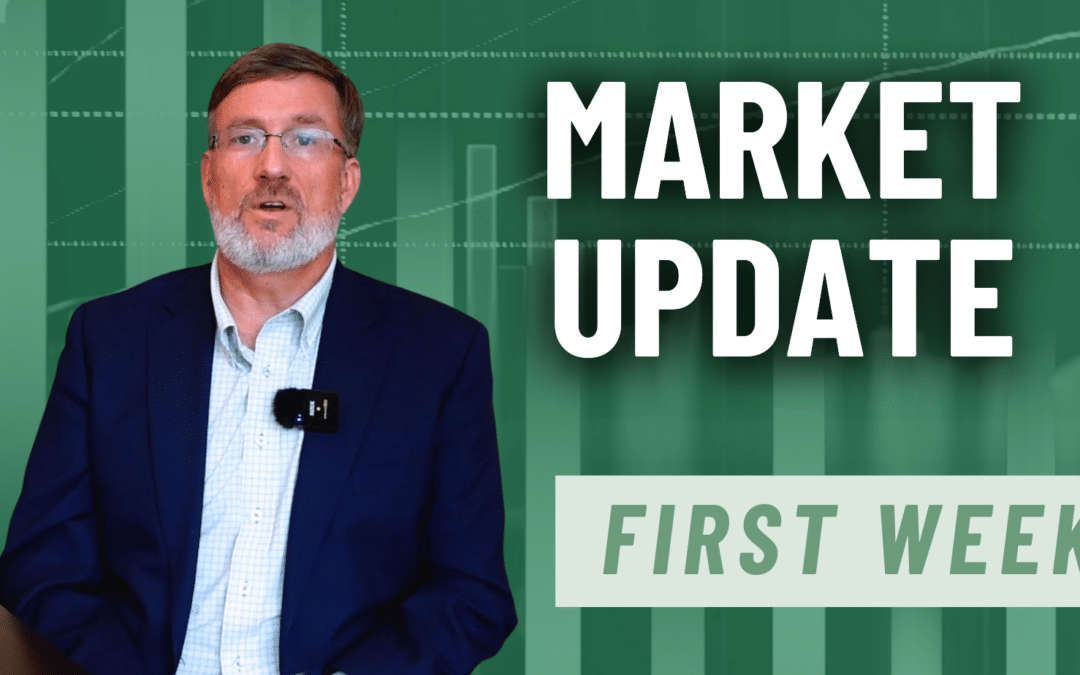Heat on the Federal Reserve
Similar to the triple digit temperatures that we are seeing in South Carolina this week, markets are putting the heat on the Federal Reserve (Fed). More so, to continue the analogy, it is not just the temperature itself that is the source of discomfort, but is amplified by the accompanying humidity. Put simply, the “real feel” heat is understandably making everyone uncomfortable. Economic data released last week on consumer prices and confidence as measured by the University of Michigan survey provided more humidity than nearly anyone expected and solidified the misjudging of lingering inflation by the Fed. It also proved many market participants, as well as professional economists, wrong in their belief that inflation had already peaked. These negative surprises have led to a sharp re-pricing of both equity and rate-determined markets over the subsequent two trading days.
Forecasts for This Week’s Fed Meeting
The Fed starts its two-day meeting on Tuesday. Its benchmark rate currently has an upper bound of 1.00%; however, expectations for the year-end level jumped from 2.85% to 3.40% over the last week, implying an average of 50 basis points of hikes per meeting. This indicates that what was already expected to be aggressive tightening might become even more so. An article in the Wall Street Journal this afternoon suggested that the Fed would raise its funds rate by 75 basis points at Wednesday’s announcement in an attempt to get ahead of what has clearly become an overheated inflation situation. The institution is clearly trying to restore its credibility as an inflation fighter and has little choice but to aggressively use their blunt-edged instrument of interest rate control. If successful, this would, unfortunately, lead to a dampening of demand and a weaker economy as necessary results. Concerns of a weakening economy – driven by both inflation-beaten consumers and lowered earnings growth potential for corporations – morphing into a full-fledged recession are increasing.
Heat Bringing the Bear out of Hibernation?
Risk assets are adjusting rapidly. The S&P 500 is lower by nearly 9% since last Thursday. Monday, in particular, had a panicky feeling as most companies were for sale regardless of sector or idiosyncratic health. The price of crude oil began the day on a negative trajectory, but turned positive in what is becoming an increasingly problematic trend. At the same time, Energy was the worst performing sector of the day. This despite the fact that the sector has led all year – up 53% – while the overall S&P 500 Index is down -21%. Broadly speaking for equity markets, we are currently in the range where prior corrections have found support, although it is certainly notable that markets did indeed enter bear territory this time after flirting multiple times in recent weeks before bounces off that support level. In looking for contrary indicators, the Volatility Index (VIX) which typically rises above 40 to solidify peak selling, is only at 34. Thus, there does remain doubt regarding whether equity markets are at full capitulation.
Labor Market & Consumer Spending are still Hot
It is important to remember that we still have a very robust labor market and consumer balance sheets remain healthy as indicated by strong spending patterns that have thus far persisted. As such, it is not inevitable that the US enters a recession as the Fed removes liquidity; in fact it is still not the base case for most entities that prognosticate on these issues. Having said that, it is doubtlessly true that the odds of this particular outcome have increased of recent, and markets seem to be currently pricing in this unfortunate outcome.
Bonds Rising in this Heat
On the debt side, since the CPI report, the 2-Year Treasury yield has increased 60 basis points to 3.4% – the highest level since 2007. We submit that rates were too low for too long; yet it is hard to see the pace of increase continuing at this level. Credit spreads are wider in conjunction with other risk assets, but are not at the widest levels of the year. It is likely that we’ll end June by marking the second quarter in a row with negative returns for both stocks and bonds. This is a rare occurrence, which speaks to the unusual investment environment we are currently navigating.
Our Positioning in this Market Climate
While, like most, we were not expecting the magnitude of the negative surprises of last Friday, we have been positioning, with both asset selection and allocation decisions, with downside protection and risk management strongly of concern. These most recent market events do nothing to change this focus. We will continue to watch these developments closely and are here for any questions that you have.
The information contained within has been obtained from sources believed to be reliable but cannot be guaranteed for accuracy. The opinions expressed are subject to change from time to time and do not constitute a recommendation to purchase or sell any security nor to engage in any particular investment strategy. Investment Advisory Services are offered through Greenwood Capital Associates, LLC, an SEC-registered investment advisor.






